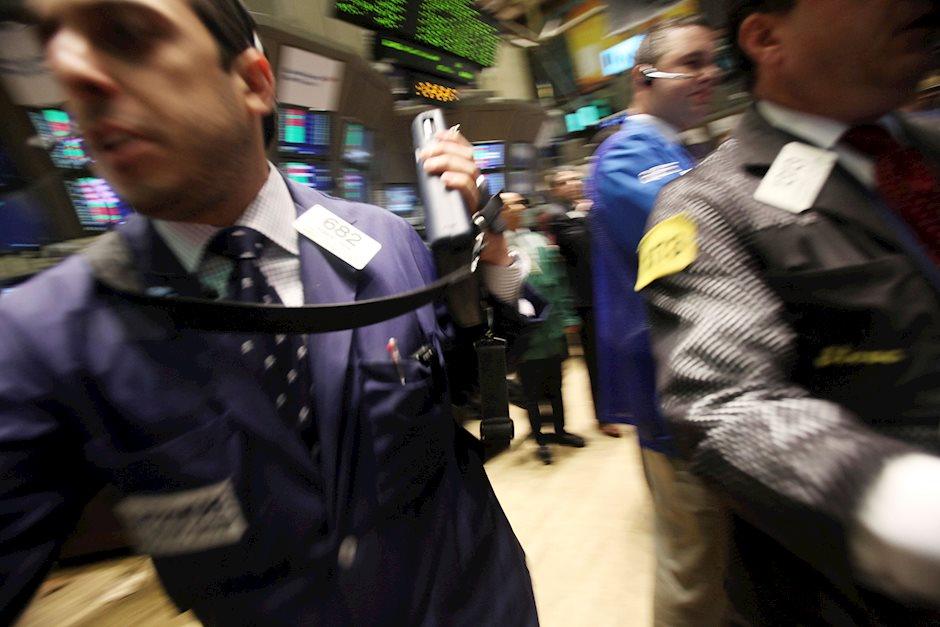Thankful for Adam Smith, Capitalism, and Billionaires

People in the nine-zeros club rarely make my prayer list. Usually my concerns are closer to home, centered on family members and friends, or sometimes things at work. But billionaires have taken a lot of heat lately, as many people hold them up as examples of all that is wrong in our economy.
I disagree. I think they’re the logical outcome of what is right, and how we all benefit. Our economic system gives us freedom that has led to some of the best outcomes for the world in all of history. So as we gather to give thanks for what we have, it’s only right that we include a little love for the framework that makes it possible, capitalism, and some of the people that are leading the charge.
Adam Smith is considered the father of capitalism, which gets a bad rap today as an economic system that allows individuals to amass obscene amounts of money and then hoard it for their personal use. That characterization is absolutely false because it ignores both the driver of capitalism and its natural limits.
In Smith’s book The Wealth of Nations, he identified what makes capitalism work. It’s not allowing greed to run amok, or even promoting greed. We had greed long before Smith showed up. The underlying genius of capitalism is freedom. When we’re free to choose our enterprise, both as workers and consumers, we lend our voice to the call of what is important in our society.
Smith famously wrote:
“It is not from the benevolence of the butcher, the brewer, or the baker that we expect our dinner, but from their regard to their own self-interest. We address ourselves not to their humanity but to their self-love, and never talk to them of our own necessities, but of their advantages.”
Through those exercises, we shape the growth and path of the economy. It’s true, we do it because of self-interest, but that’s not the same as greed, which implies we’re taking a path that involves cutting corners, doing shoddy work, or shorting the paychecks of employees. In Smith’s framework, any such action cancels out our freedom.
We wouldn’t freely buy from someone selling food past the expiration date just to make a bigger profit, or hire a contractor who uses cheap materials to pad his bottom line. And we wouldn’t freely take a job with an employer who said in the interview, “Hey, by the way, I’ll ask you to work 45 hours per week but will only pay you for 40.”
And full disclosure wasn’t the only thing that limited capitalism. In his first book, The Theory of Moral Sentiments, Smith identified the societal norms of justice, prudence, and benevolence. As consumers and workers, we reward companies that exist within our social framework that includes these ideas, which drives companies, through their self-interest, to pursue them as well.
Granted, we don’t all agree on the norms, as they change over time. But that’s the beauty of capitalism. It can morph with society.
And the outcomes? They’re unassailable.
Yes, since the early 1800s we’ve seen the rise of billionaires. We’ve also seen a dramatic drop in the percentage of the world population living in abject poverty. In 1820, 89% of the 1.08 billion people on the planet lived on less than the equivalent of $1.90 today. Today, only 10% of the world’s population fall below that level.
As for billionaires, at least those operating in a transparent system, I’ll bet on them to be better stewards of their capital than the government anytime.
In 1994, Bill Gates became the richest man in the world (Saudi Princes notwithstanding) when his wealth reached $9.35 billion. I worked on Wall Street at the time, and I remember it well. He was roundly criticized as people called on him to give away his wealth. Warren Buffet provided a voice of reason. He said Gates should keep his money for as long as he wanted to work and invest. The $9 billion he might give away in 1994 would be spent but, if he continued to build his fortune, he’d likely give away much more later.
Today, Bill and Melinda Gates are worth $106 billion. Their foundation is worth $40 billion, and since they started it in 2000, it has given away $41 billion. In total, the Gates have amassed $187 billion, about 20 times what he had on a nominal basis in 1994, and they continue to fund health and education projects around the world.
It happened because Gates developed software that helped revolutionize the way we work and play, which satisfied his self-interest, and gave people what they wanted.
That’s something to be thankful for.
Happy Thanksgiving.
Author

Dent Research Team of Analysts
Dent Research

















